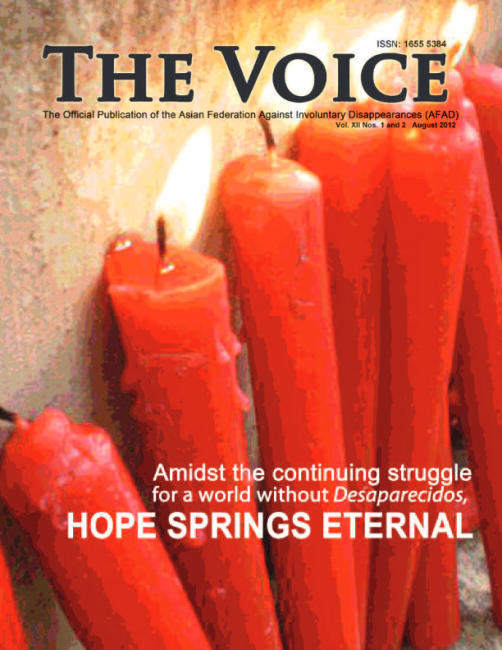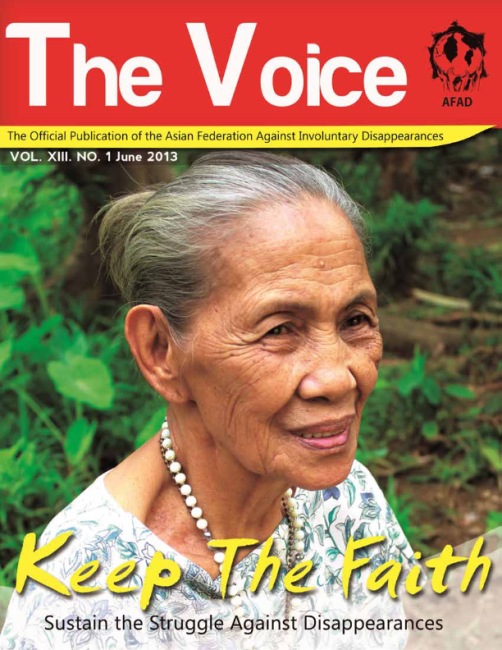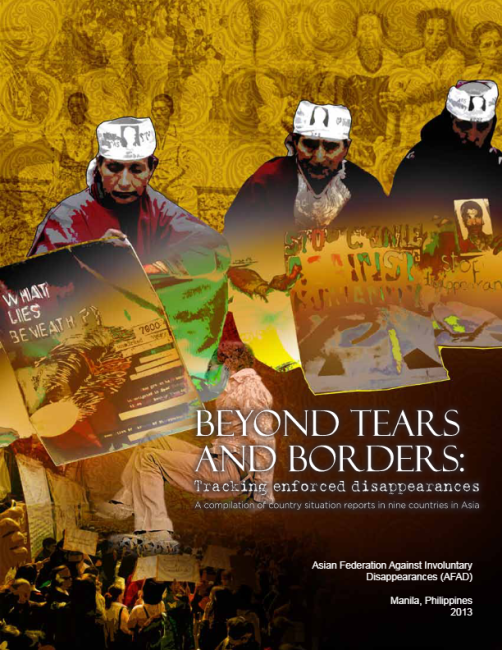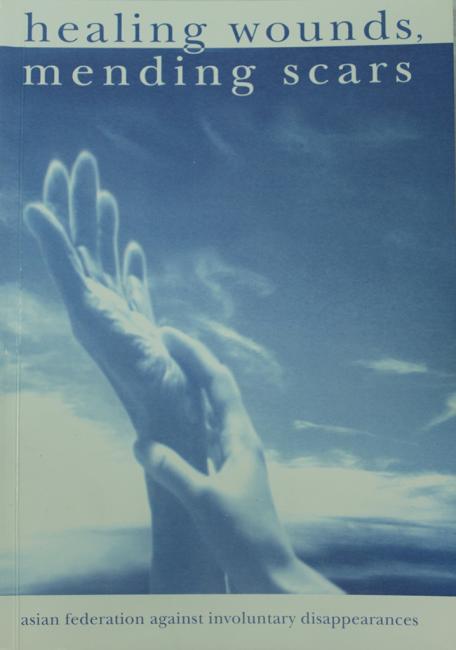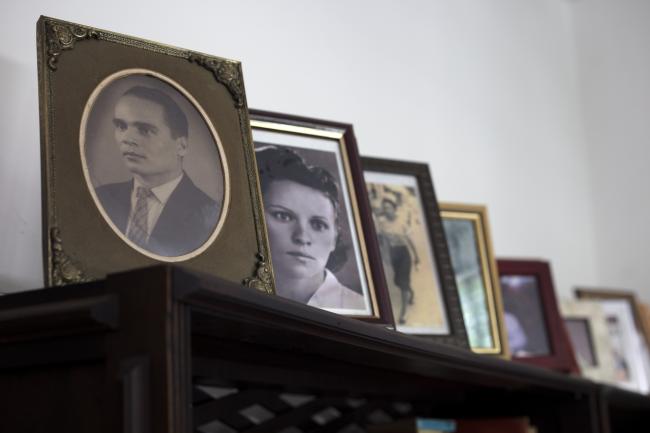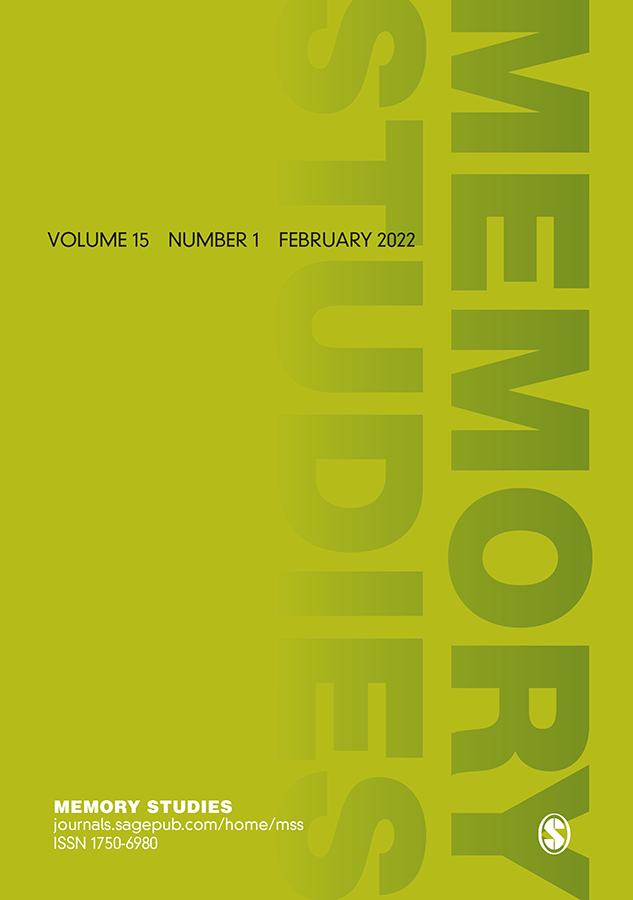
From dirty war to genocide: Argentina's resistance to national reconciliation
Three decades of political, legal and discursive contestation about the violence, military repression and disappearances that troubled Argentina during the 1970s have repeatedly changed the multidirectional memories of adversarial groups and undercut attempts at national reconciliation. The representation of past violence as dirty war, state terrorism or genocide singled out different perpetrators, evoked other remembrances, and called for distinct ways to reconcile Argentine society. These interpretive frameworks succeeded one another in public debates about the past, and generated conflicting collective memories among political opponents. The recent comparison of disappearances with the Holocaust convinced the human rights movement, and certain judicial and academic circles, that genocide had occurred in Argentina. Individual culpability became transformed into collective responsibility, and further complicated national reconciliation. This article demonstrates that the memorialization and continuous narration of past massive violence in Argentina did not advance the coexistence of adversarial groups but intensified their enmity and revived certain repressive practices.


